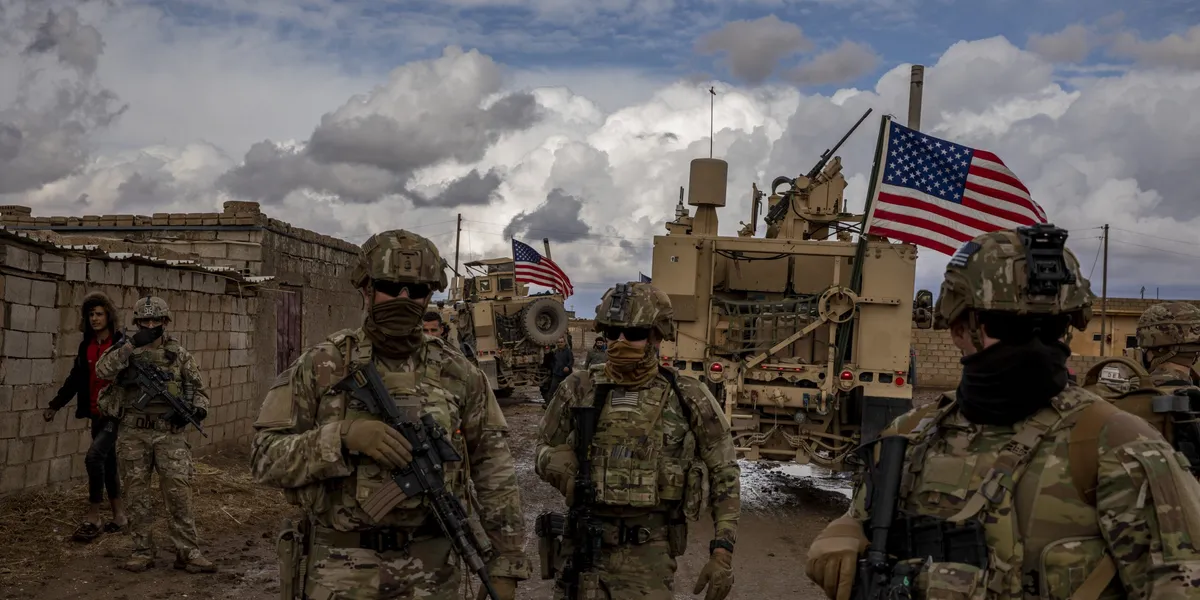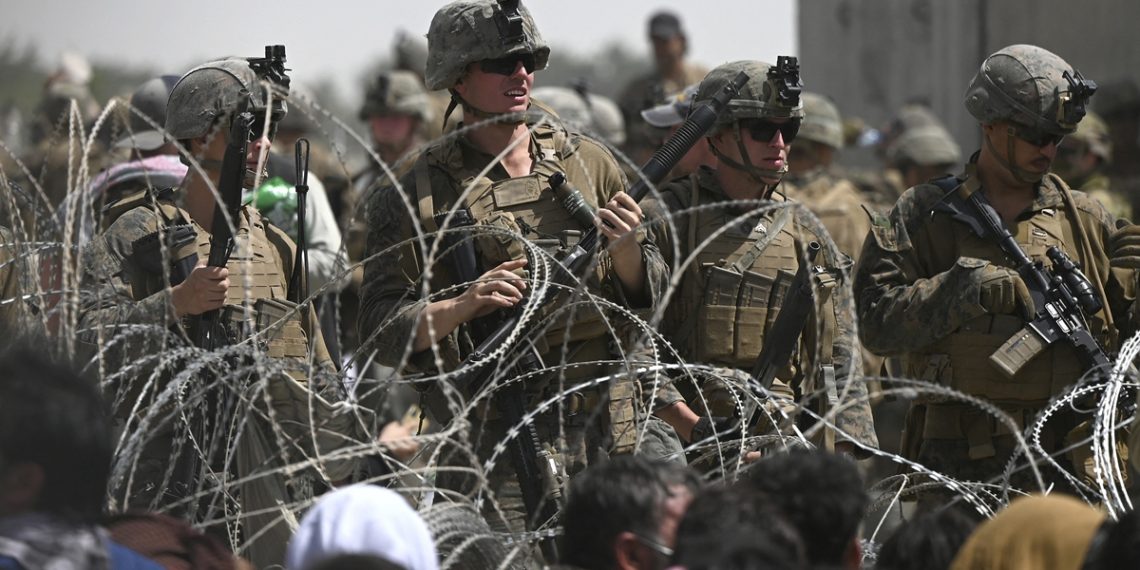The recent drone attack in Jordan that claimed the lives of three American troops has intensified the United States’ involvement in the Middle East conflict. Simultaneously, it has injected urgency into negotiations for the release of hostages in Gaza, with potential implications for the ongoing Israel-Hamas strife.
As American officials grapple with troop deaths and hostage talks in France, pivotal decisions loom over the future of the region. President Joe Biden faces a crucial choice in determining the scale of reprisal, impacting both the Middle East and his domestic political landscape amid a challenging reelection campaign.
In Israel, Prime Minister Benjamin Netanyahu confronts mounting pressure to secure an agreement for the release of over 100 hostages in Gaza. Achieving this would necessitate a substantial pause in Israel’s offensive against Hamas. Meanwhile, Tehran must assess whether its proxy strategy, fostering instability, inches closer to direct confrontation with the US – a scenario Iran has sought to avoid.
The unfolding events could reshape the trajectory of the Israel-Hamas conflict and the broader tensions in the Middle East. With intense discussions and high-level talks taking place, leaders are confronted with decisions that could impact thousands of lives and the region’s future.
Representative Adam Smith emphasizes the dangerous escalation and stresses the need for a US response to halt further attacks. The situation in Gaza is deemed crucial, as the conflict there empowers Iran, posing challenges for the US, Israel, Arab states, and the world.

President Biden’s unequivocal pledge to respond raises questions about the nature of the retaliation. Calls from Republicans to strike targets inside Iran intensify pressure on the administration. The political complexities for Biden, already under scrutiny for his Gaza strategy, add layers to the decision-making process.
As the US signals the imperative to prevent further conflict escalation, hopes are pinned on reaching a hostage agreement that includes a prolonged ceasefire in Gaza. The proposed plan involves a phased release of hostages and a two-month suspension of the war. CIA Director Bill Burns engages in talks in Paris, with cautious optimism that an agreement might be within reach.
As the death of American troops heightens concerns of a widening regional war, urgency mounts for a negotiated pause in Gaza’s fighting and the return of hostages. The loss underscores the critical need for swift action in a region grappling with growing instability.





